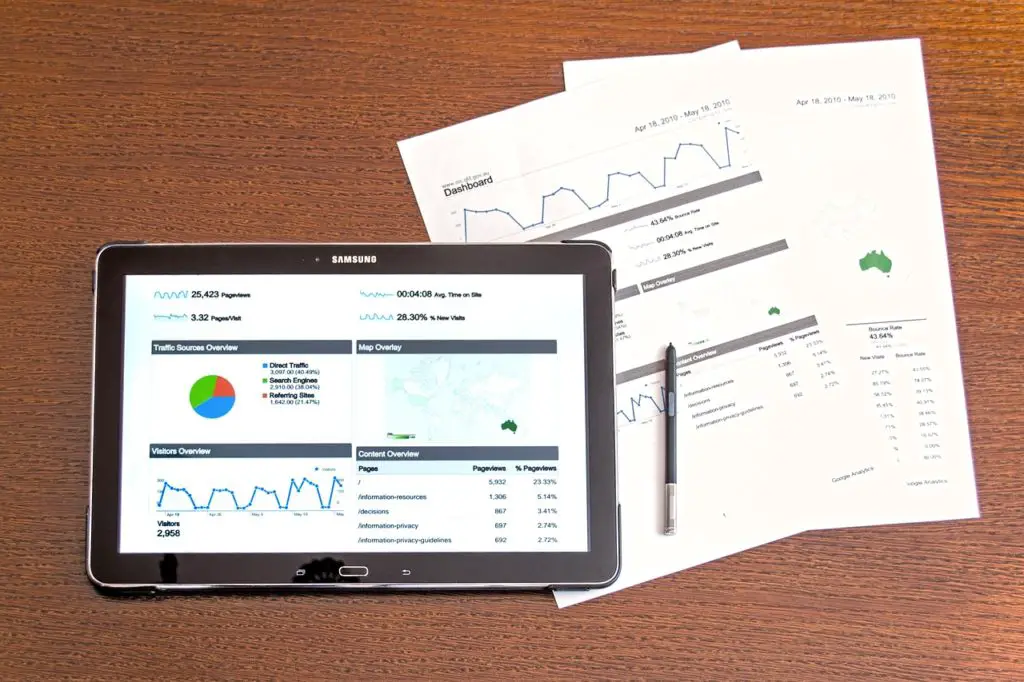Last Updated on 06/29/2021 by GS Staff
Do all stocks pay dividends?
A dividend is money that is distributed to shareholders of a company. The money is typically distributed from a company’s profits. In some cases, money is borrowed to pay dividends or taken from reserves.
Not all companies pay dividends. It is up to the company to decide if they will provide dividends to their shareholders. Additionally, once a dividend is paid, it is not guaranteed to continue. A common reason that a company will discontinue its dividends is because of financial difficulties.
Let’s take a look at companies that typically do not pay dividends and those that do.
Generally, young companies are laser-focused on expansion or growth. Every dollar they spend goes into funding this growth. The money they earn, if any, is reinvested back into the business for things like new buildings, equipment, additional inventory, etc.
With a growth company, dividends are not commonly paid since their earnings or the funds they borrow are used for expansion. Some examples of these types of companies are Five Below (FIVE) the value specialty retailer that is rapidly expanding its store count and Twitter (TWTR) who is looking to get back on track to establish solid growth and earnings.
Companies that pay dividends are commonly through with the rapid growth phase. They have established their business in the market and are not projecting major expansion. Instead of investing earnings back into their company, they issue a portion of their earnings back to shareholders as a dividend. Examples of dividend-paying companies are Marathon Petroleum (MPC), Coca-Cola (KO), and banks like Chase (JPM) and Bank of America (BAC).
Publicly traded companies that issue dividends typically pay them out quarterly to shareholders. The amount paid to shareholders is commonly determined by the board of directors on a quarterly basis.
Prior to distributing dividends, the company will declare that a dividend will be paid and state the date of the payment. Additionally, the company will establish a date of record, which is the date on which you must be a shareholder in order to receive the dividend payment.
Typically two business days prior to the date of record is the ex-dividend date. You will not receive the dividend payment if you become a shareholder (purchase stock) on the ex-dividend date or after that date. However, you will receive the dividend if you purchase the stock before the ex-dividend date.
You can determine if a company pays a dividend in a couple of ways. Let’s use America’s favorite fast-food restaurant, McDonald’s, as an example. To see if they pay a dividend you can visit their investor relations website. Here you will find information on any declared dividends and historical data on dividends paid that dates back to 1976.
Another way to find dividend information is to visit a finance website like Yahoo! Finance and enter the company stock symbol (MCD in our case) into the quote bar. When the stock data appears you will see an area showing the annual dividend amount, dividend percentage, and ex-dividend date.
Most company’s dividend information is just as easy to uncover as McDonald’s was in our situation. The information is readily available online. In the rare case, it is not, you can always contact a company’s investor relations department to inquire about dividends.
Remember that just because a company pays a dividend, does not mean that it is necessarily a better investment than a company that does not pay a dividend. Look no further than Amazon who has seen massive growth as a company and in its stock price. Amazon does not pay a dividend and has outperformed numerous other dividend-paying companies when it comes to stock price.
